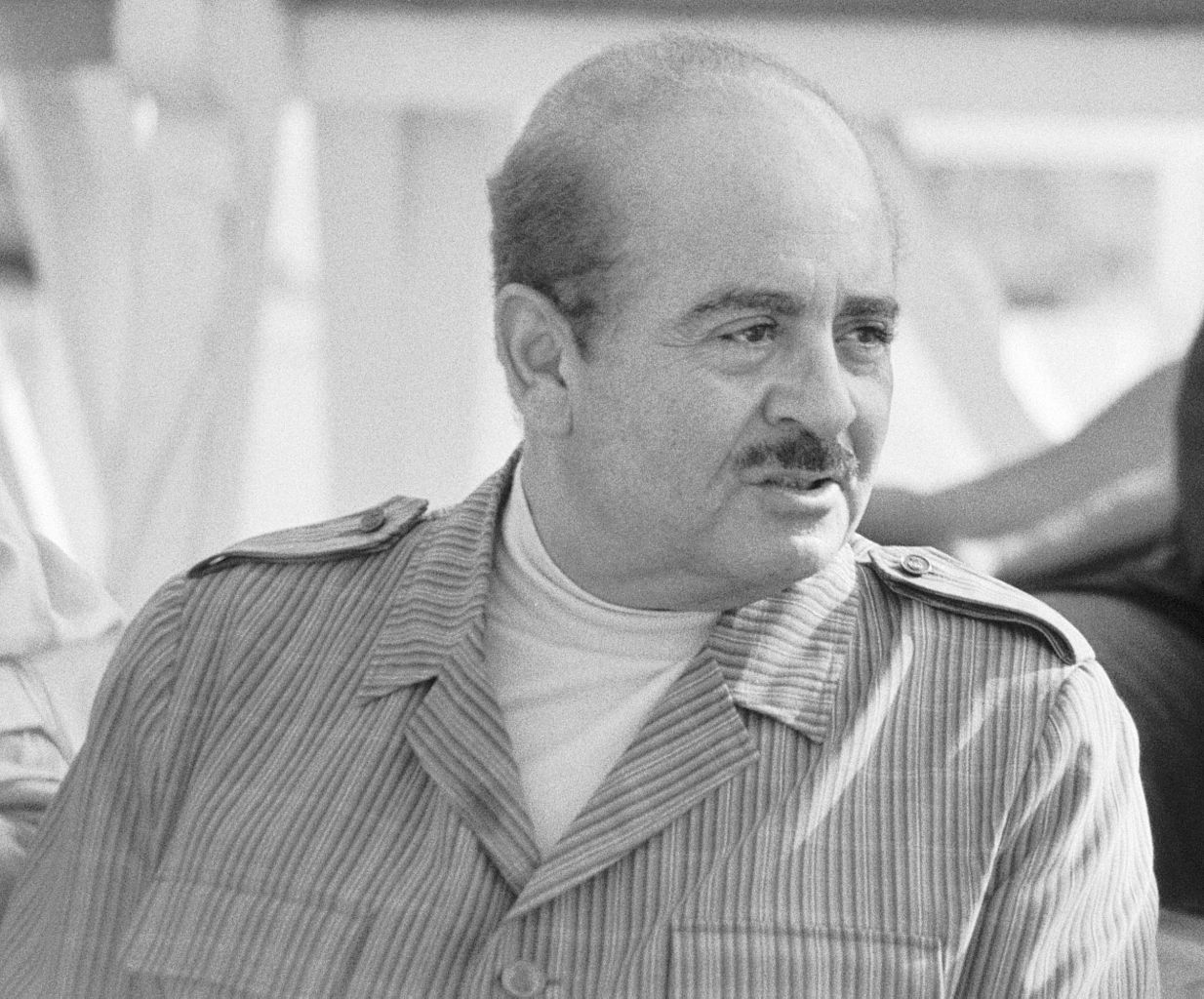The death of Saudi journalist Jamal Khashoggi on the premises of the Saudi consulate in Istanbul threatens to upend the fundaments of fault lines across the Middle East. In fact, his killing threatens to severely disrupt the U.S.-Saudi alliance that holds together many of the Middle East’s fault lines.
It would also project Saudi Arabia as a rogue state, and call into question U.S. and Saudi allegations that Iran is the Middle East’s main state supporter of terrorism.
Those allegations were a key reason for the U.S. withdrawal—with the backing of Saudi Arabia, the United Arab Emirates and Israel—from the 2015 international agreement that curbed Iran’s nuclear program and for the re-imposition of crippling new economic sanctions.
An investigation into the role of the Saudi leadership in the death of Khashoggi would also undermine the 15-month-old economic and diplomatic boycott of Qatar, which Saudi Arabia, the UAE, Egypt and Bahrain accuse of supporting terrorism.
Furthermore, a condemnation and sanctioning of Saudi Arabia by the international community would complicate China’s and Russia’s efforts to avoid being sucked into the Saudi-Iranian rivalry. Those two countries will be at a crossroads if the Saudi government is proven to be responsible for Khashoggi’s death, and the issue of sanctions is subsequently brought before the U.N. Security Council.
So far, both Russia and China have managed to maintain close ties to Riyadh despite their efforts to defeat U.S. sanctions against Iran and Russia’s alliance with the Islamic Republic on behalf of Syrian President Bashar Assad.
A significantly weakened Saudi Arabia would also undermine Arab cover provided by the kingdom for Trump’s efforts to impose a settlement of the Israeli-Palestinian conflict that would favor Israel at the expense of the Palestinians.
Finally, a conclusive determination that Saudi Arabia was responsible for Khashoggi’s death would likely spark renewed debate about the wisdom of the international community’s support for Arab autocracy, which has proven unashamedly brutal in its violation of human rights and disregard for international law and conventions.
Saudi Crown Prince Muhammad bin Salman has suffered significant reputational damage, raising the question of his viability if Saudi Arabia is to be condemned internationally. This raises the followup question of the stability of the kingdom, which is a key tenet of American, Chinese and Russian Middle East policy.
The reputational damage suffered by Prince Muhammad embarrasses UAE Crown Prince Muhammad bin Zayed, who, together with his aides and representatives in world capitals, has worked hard to project his Saudi counterpart as the kingdom’s future.
Saudi Arabia did itself few favors by initially rejecting any responsibilityfor Khasgoggi’s disappearance with no evidence that the journalist left the consulate of his own volition; asserting that claims that it was involved were fabrications by Turkey, Qatar and the Muslim Brotherhood; seeking to defame Khashoggi’s fiancée and supporters; and refusing to fully cooperate with Turkish investigators.
Saudi reluctance to cooperate, as well as the U.S. investigation and Ms. Cengiz’s possible meeting with Trump, complicate apparent Turkish efforts to find a resolution of the escalating crises that would allow Saudi Arabia to save face and salvage Turkey’s economic relationship with the kingdom.
Turkey, despite deep policy differences with Saudi Arabia over Qatar, Iran and the Muslim Brotherhood, has so far refrained from releasing the evidence it claims it has proving that Khashoggi was killed by Saudi agents inside the consulate. The release of gruesome details of the killingby anonymous Turkish officials appears designed to pressure Saudi Arabia into complying with Turkey’s demands and efforts at managing the crisis.
The death of Jamal Khashoggi is reshaping the political map of the Middle East. He paid a horrendous price for sparking the earthquake that is now rumbling across the region.
Dr. James M. Dorsey, a non-resident senior associate at the BESA Center, is a senior fellow at the S. Rajaratnam School of International Studies at Singapore’s Nanyang Technological University and co-director of the University of Würzburg’s Institute for Fan Culture.
BESA Center Perspectives Papers are published through the generosity of the Greg Rosshandler Family.


























